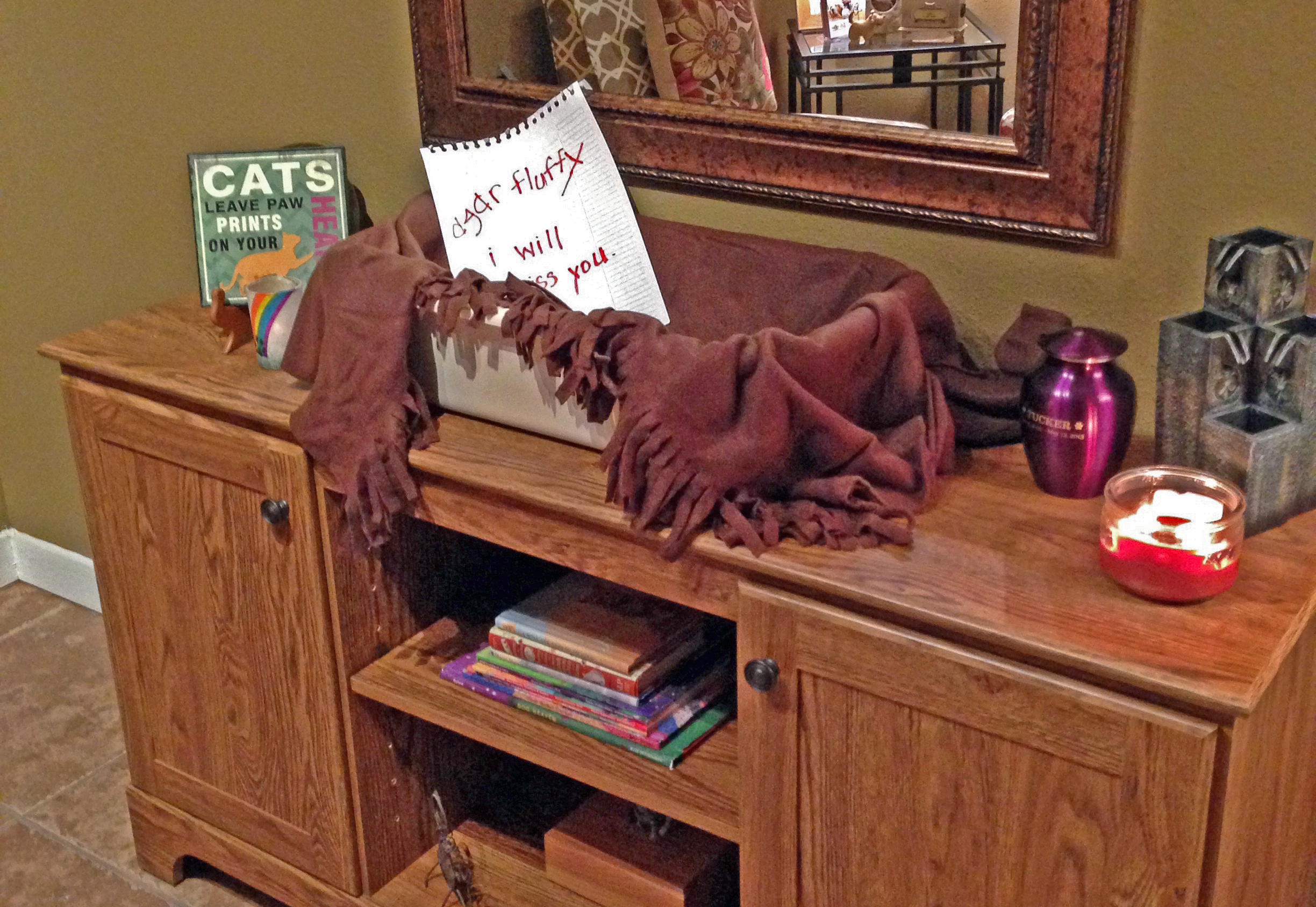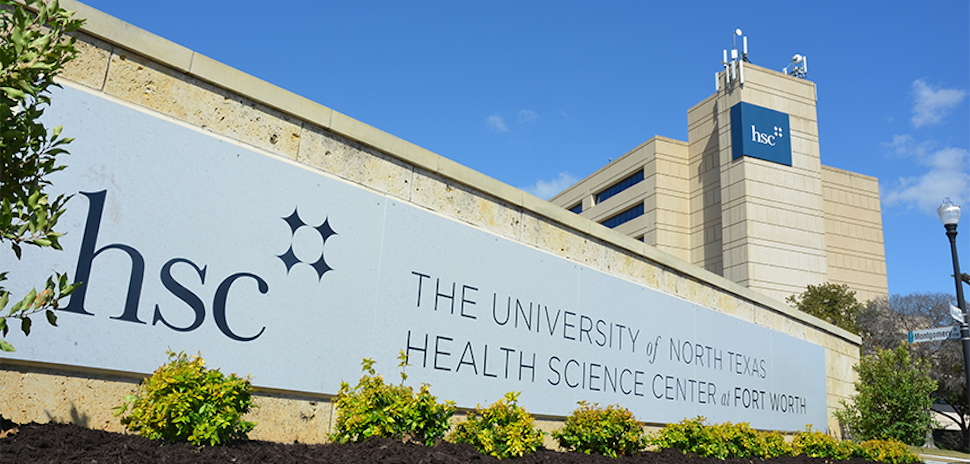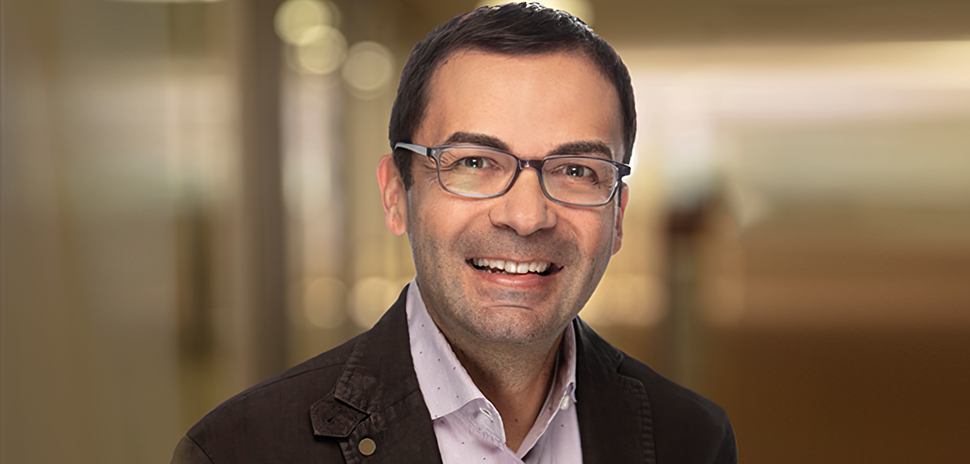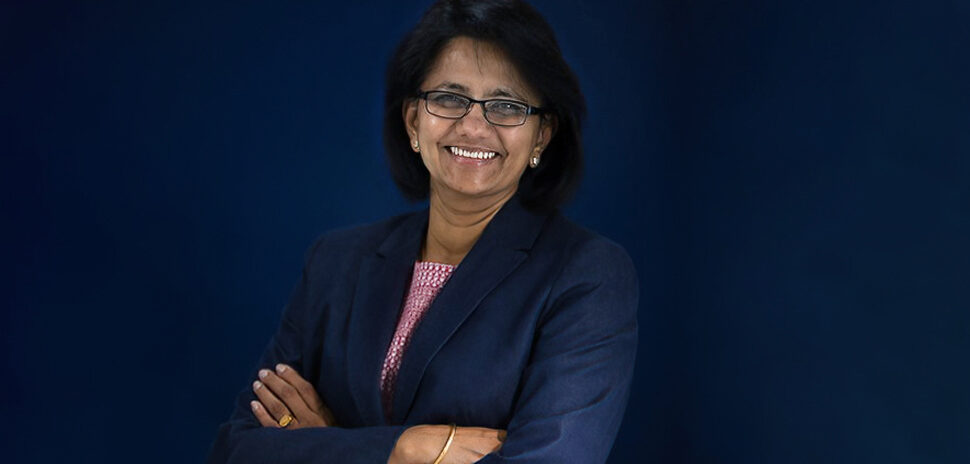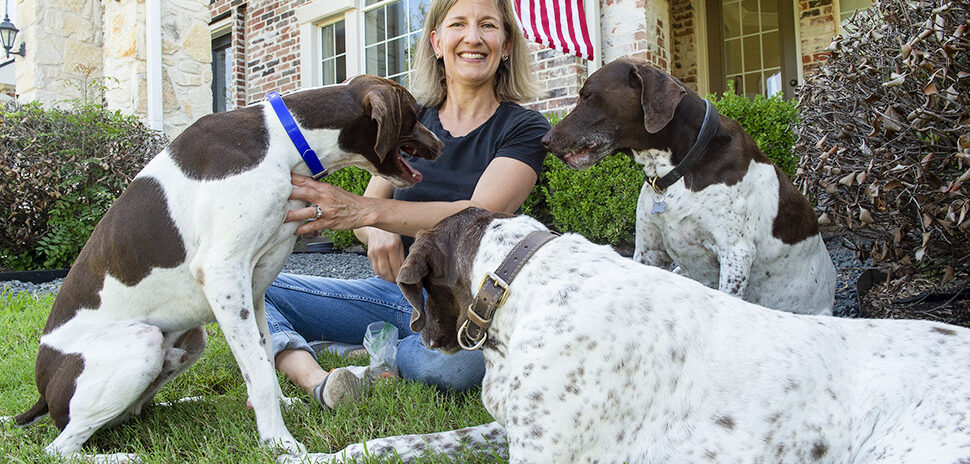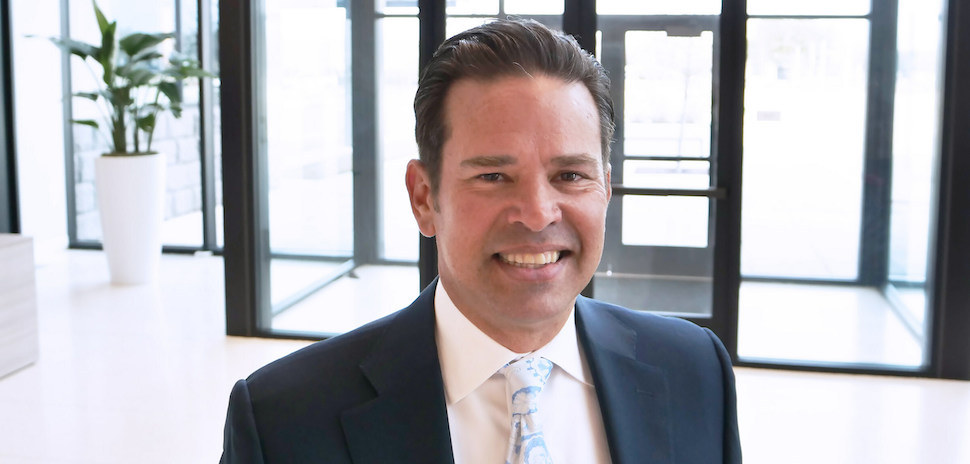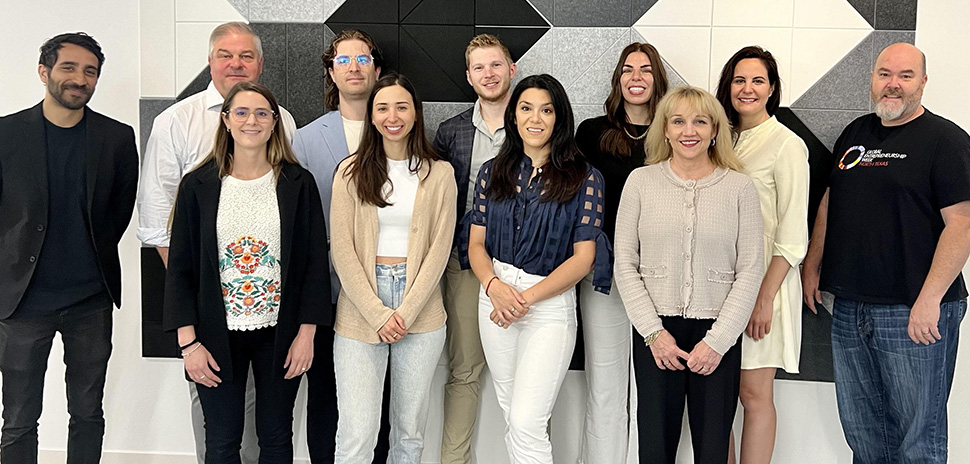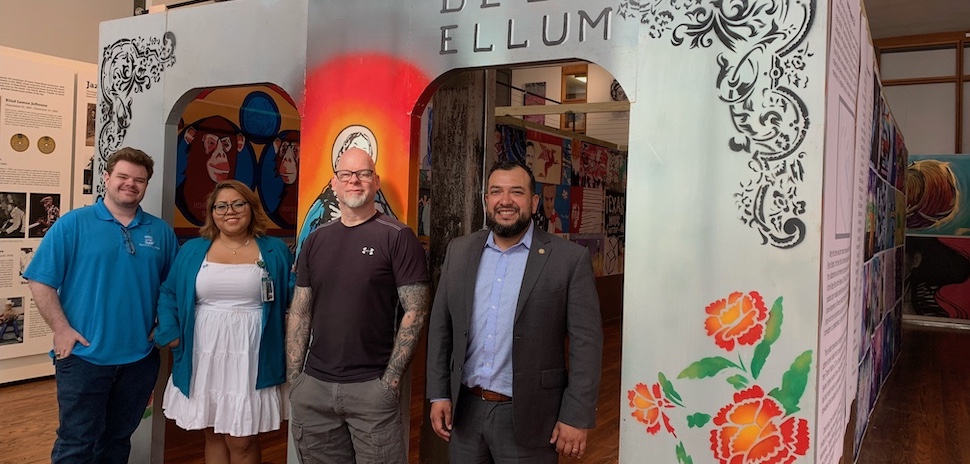Nick Padlo, owner of The Pet Loss Center, had to really look to find his niche in the multibillion-dollar pet industry.
It’s a business sector that’s been permeated by technology, from collars with GPS tracking to state-of-the-art surgeries at veterinary offices.
It was at the end of our pets’ lives that Padlo found his calling.
He said there’s a dire need for modern services, transparency, and dignity in the pet crematory industry, and he figured there needed to be a high-tech way for pet owners to be assured that the ashes they got back really were those of their beloved pets.
“We are providing vets and pet parents with the confidence that we are a professional company, not using the same antiquated methods.”
For years, the industry has used a hand-written paper trail to follow a deceased pet from the veterinarian to the cremation facility. Pet owners, who already were distraught at the loss of their pets, rightly wondered about the ashes returned to them because there was no way to track them.
UPS and FedEx are able to track their packages at every turn, after all, and Padlo, 35, said pets deserve greater respect than a package.
That’s what led him to found The Pet Loss Center, a Euless startup that boasts five crematoriums and contracts with 500 veterinary offices. He’s also available for individual customers who need a pet cremated.
“There was an opportunity to do things much better operationally,” he said. “We are providing vets and pet parents with the confidence that we are a professional company, not using the same antiquated methods.”
The pets are tracked from the moment they leave the veterinary office, and every change of custody is identified using a Bluetooth scanner. The veterinarians can get real-time status updates on the pet.
“By digitizing the process, we enhance the safety and security of the whole process and we eliminate the chance of human error,” Padlo said. “We believe our pets, even after we’ve lost them, are still precious, so they deserve the honor and respect.”
Padlo and his team developed their own cloud-based software called Trusted Journey. From an interface perspective, Padlo made the system more user-friendly than the ones shipping companies use. It also has built-in prerequisites that reduce the chance of human error.
“We believe our pets, even after we’ve lost them, are still precious, so they deserve the honor and respect.”
Padlo’s current life as an entrepreneur is a night-and-day difference from his life a decade ago. The Jacksonville, Florida, native graduated from the United States Military Academy at West Point in 2003. He served as a U.S. Army intelligence officer during deployments to Afghanistan and Iraq totaling 27 months. A captain, he ran interrogation facilities and was embedded with Iraqi forces. Padlo describes himself as an “expert on the bad guys.”
After the Army, he went to business school at Stanford University in Palo Alto, California, and then got a job at Bain and Co. in Dallas as a consultant and team leader. It was there that he dreamed of starting his own business.
“Bain has given me a lot of the skills that allow me to succeed on my own,” Padlo said.
In 2013, he founded Graycourt Capital, based in Dallas, which enabled him to secure $500,000 to kickstart his company. The Pet Loss Center really took off in 2014 when he received $10 million in private equity.
He cites three key elements in securing money for a startup:
- Have a solid and well-articulated business plan and fully understand how and why this business will succeed, including looking at the risk involved.
- Form a strong leadership team so investors will feel confident betting on you and your idea.
- Raise money from private equity firms you want to work with. The goal isn’t just to get money, but to build an investor team that will add value as your business grows.
In just 18 months, he’s gone from 14 employees to 48. Through acquisitions, the company now has crematoriums in Euless, McKinney, and Austin, and two in Florida. The company’s growing 25 percent year-over-year with more locations planned in the next 18 months.
And, it’s not just dogs and cats that get cremated at The Pet Loss Center. They take care of everything from llamas and miniature donkeys to iguanas and birds.
“The human-animal bond, we always say, transcends species,” he said. “It can be any kind of animal that you love.”
For a daily dose of what’s new and next in Dallas-Fort Worth innovation, subscribe to our Dallas Innovates e-newsletter.










